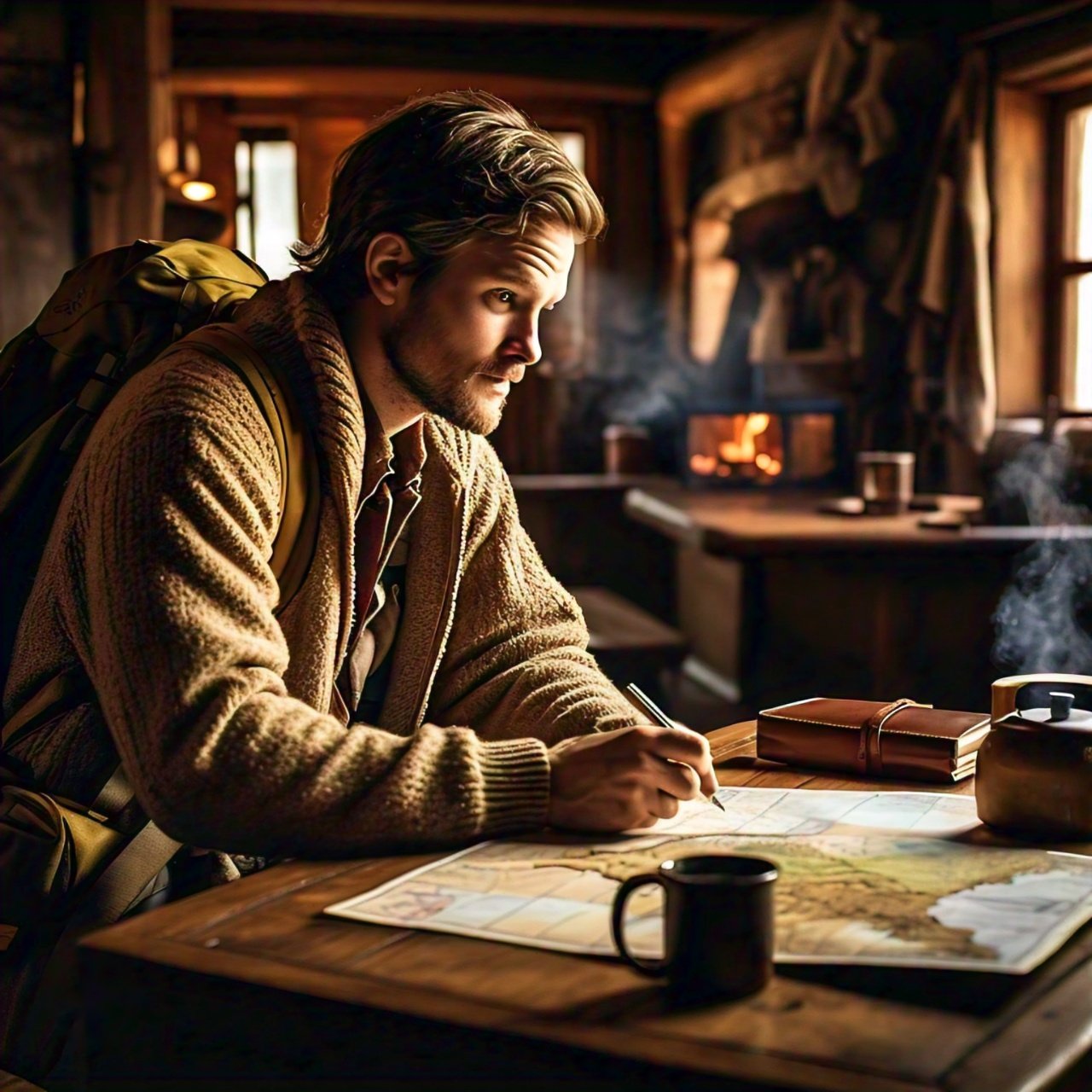
The luxury traveler is willing to spend his hard-earned money for a quality hotel, gourmet meal, and other privileges. They like to be pampered, given privileges, and to get individualized attention and be offered individualized schedules. Spoiling is one of the things that powerfully motivates them. High-end travelers prefer to have accommodations in five-star hotels, a personal guide, first-class air travel, and other options that an average traveler cannot easily obtain. This means that they are mostly business and culture-oriented, as most of them go on trips for recreational purposes.
In this case, trips mean adventure travels, where the aim of the traveler is to visit unusual and exciting destinations. They look for adventures that provide them with a good story on their return from home, whether it is trekking to Machu Picchu in Peru or going on a safari across the continent of Africa. This is true as some of the commonly practiced adventures include bungee jumping, aerial trawling, deep-sea diving, trail blazing, and many others. Such thrill-seekers are also likely to engage in cultural experiences for a more comprehensive appreciation of the local cultures during their adventure travels.
Gourmands base their vacations on the sorts of dishes they get to taste in a given region and other exclusive culinary specialties. To them, traveling is all about finding some tucked-away café or street food stall that other travelers don’t know about or getting a table at a restaurant with great chefs and high popularity. The concept is perfect for food lovers eager to try as many local specialties as possible, be it pizza in Italy or mole sauce in Mexico. They also like buying food, preparing food, and even eating at food markets and going on food tours.
The ‘eco-traveler’ is simply a traveler who wants to travel sustainably and consider the environmental consequences of accommodation, transport, activities, and the like. They select places and service providers that are sustainable, eco-tourism certified, or use the revenues for conservation purposes. Diverse cultural practices and wildlife are interesting to learn about, especially when guided by knowledgeable people. Some prefer if they can volunteer with wildlife or forest-related activities if at all. Eco-tourism is environmental tourism where the tourist looks for a green option and does all they can to reduce their impacts on the environment as much as possible.
This is what backpackers do, trekking on very low budgets, and carrying only the most essential items in their sturdy bags. They prefer to live in hostels due to the collective experience that is associated with it, the social nature, and the fact that it is cheap. While backpackers are likely to travel between destinations using public transport, they tend to spend more time at one place to immerse themselves in local cultures. They buy filling meals from markets and small cafes that are far from luxurious but offer delicious food. Backpackers will meet people searching for more off-the-beaten-path locations not mentioned in guidebooks because they are not trendy in the mainstream tourism scene.
The family traveler conceptualizes their journeys according to family-friendly attractions and accommodation accessibility. They look for places that have historical, educational, cultural, or adventure amusement potential for children depending on their age. Single, large rooms in multi-room hotel suites and vacation home rentals are more popular than individual hotel rooms because they provide additional space and services. Family travelers take essentials that fit the needs of each of their children and have their daily itinerary dependent on naps, feedings, rest periods, and getting the children to bed if traveling. It is crucial to ensure the family is happy because this would be the most important priority.
Solo travelers are those who travel alone and not in groups of friends or families. Some people like independence, flexibility, and finding time for personal thoughts during the trip that a single traveler does not need to consider other people’s choices. In this manner, solo travelers eat out with the view of observing the surroundings, go shopping and visit art galleries in a rather random nature, chat with other like-minded travelers, and plan their days as they deem fit. Traveling alone is a chance to think, to be alone, and to enjoy the individualistic attitude towards traveling.
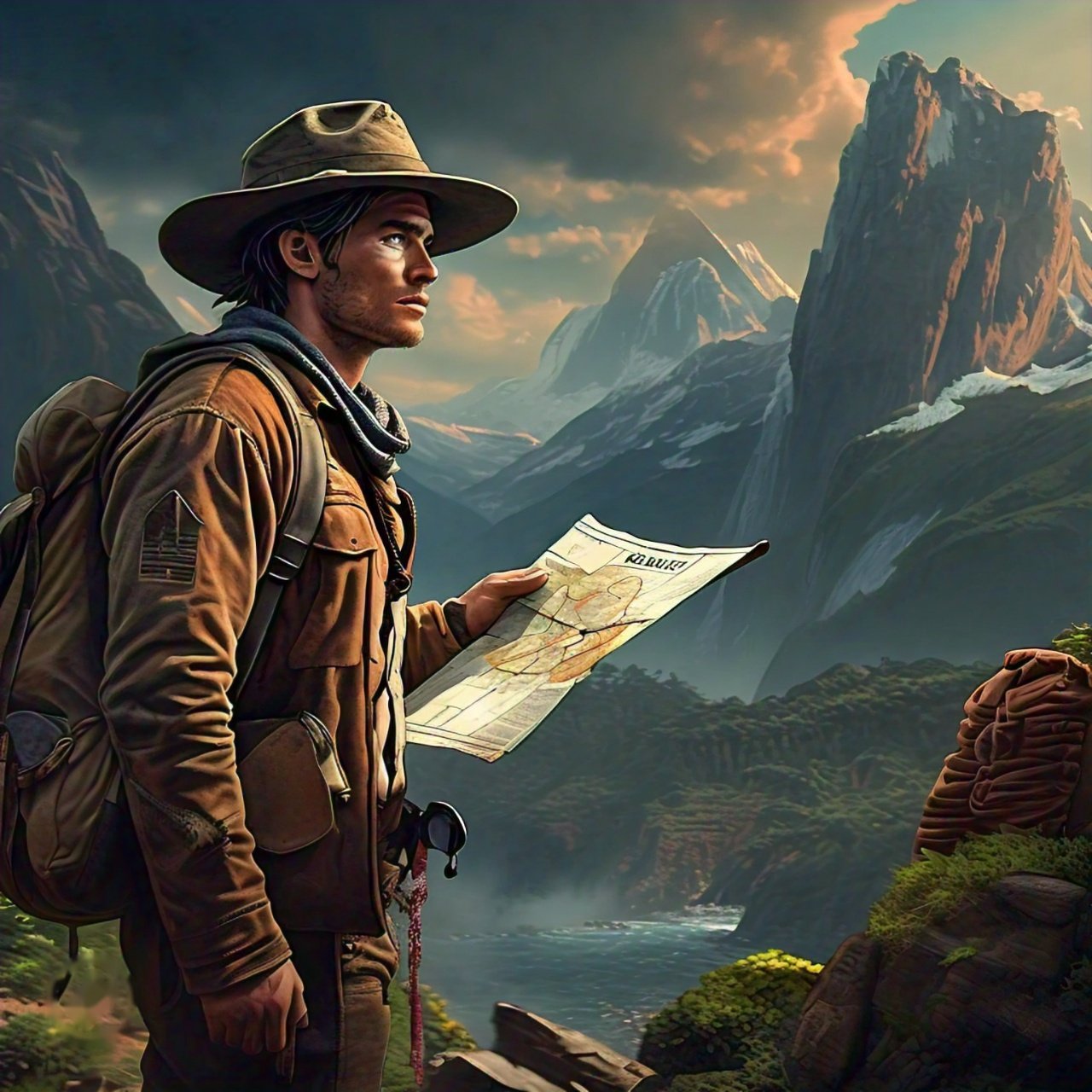
The Adventurer person is the explorer-type, who finds joy in traveling and the risks that come with it. Adventurers seek opportunities and places for outings that provide them thrills beyond simply going to tourist spots and lazing around. These adventurous spirits are passionate about trekking on the isolated territories of a mountain or rock, rafting through untamed waters, or being involved in learning some of the most dangerous sports such as rock climbing or off-piste skiing. They want not pretty sun, sand, and sea or comfortable rooms and flashy amenities; what they want, need, and crave are the rough and raw terrains that will test their abilities, skills, and physical endurance to the optimum level.
Tourists will not hesitate to let go of a safely packaged trip where they are accompanied and guided throughout the trip by experienced tour operators in exchange for adventure that comes with exploration of a given place in one’s own style. That is why it seems to them that a dream vacation is when they spend hours hiking or doing something else physically demanding and then, spend the night in tents, in the middle of the forest, away from everything. Some of the most visited Adventurer places are New Zealand for countless extreme adventures, Patagonia for trekking barrens and beautiful glaciers, and African Safaris for animal experiences. Whether they are exploring their own city or an unfamiliar town or city, such active wanderers choose to travel only on bicycles, kayaks, or on foot and not by buses or cars.
The Adventurer is not in search of a mere rush, though the rush is something they appreciate; the other major aspect to embrace is the change that taking risks brings. The real-world challenges of facing and overcoming nature and the unknown in the process of solving the quests enhance the Adventurer’s mental acuity, tenacity, and self-confidence to pursue even more complex quests. They come back from their magical journey with a large dose of inspiration, amazing photographs of hidden gems, and above all, a desire for more.
Adventure is defined by climbing some high and isolated Andean peak or traversing the African savanna or jungles through a multi-day trek; the Adventurer experiences this through daring physical feats and being in awe of breathtaking views and areas few people get to see. In other words, the beautiful and challenging scenery and experience of hard-to-reach places are what this traveler thrives on. In their place, there is the adrenaline of standing at the top of a gnarly mountain biking track, the feeling of being in a lonely stretch of sand and sea, or the discovery of the limits that the human body can endure. The larger and uncharted the pursuit, the more the Adventurer’s instinctive, risk-seeking temperament is satisfied.
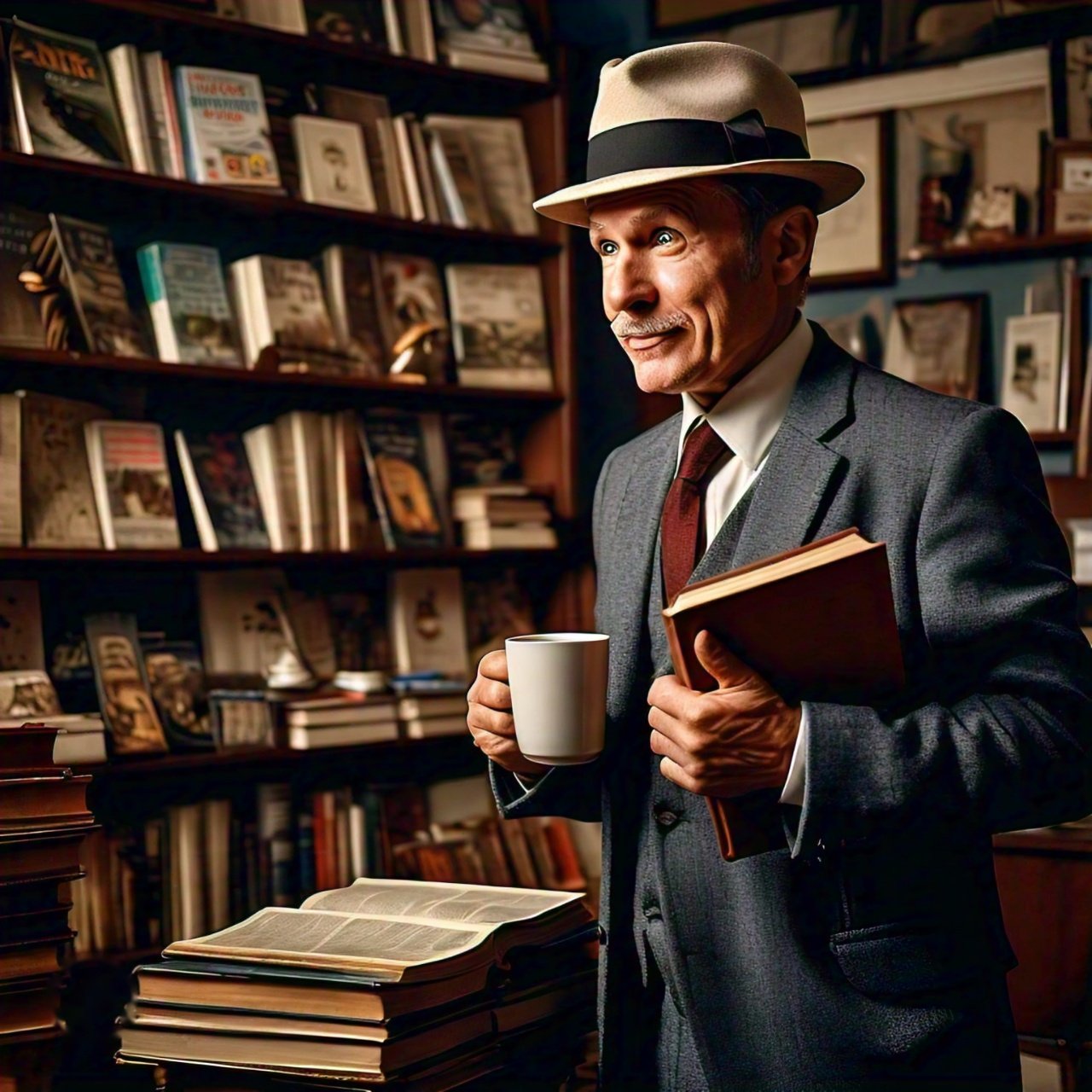
I am a lover of cultures which essentially makes me interested in the different practices, cuisine, clothing, ornaments, and pasts of societies all over the world. I always look forward to situations where I can explore the environment and the culture of the people of the region in terms of the environment - that is, the ability to hear, feel, smell, and taste the place. The feel of the dust under my shoes as I wander the narrow alleys of a Moroccan medina, the smell of cinnamon and cardamom at a souk, or the movements of dancers in a troup performing a folk dance let me really experience the culture.
For me, museums are similar to candy stores replete with objects, histories, and, of course, truths. The best part is walking around the old districts and UNESCO World Heritage areas where the historical sites evoke my thoughts about what it might have been like to live in the past. This is why travelling to cultural festivals gives me a chance to see how heritage is preserved and modern life rhythms reflect on traditional customs. This is something I enjoy because it takes me around different places engaging people in conversation and finding out what they are proud of their culture and people. Combined with this, the points of view and experiences of women add an extra energy source to my investigations.
While I enjoy monuments, music, and museums in their uniqueness, it is as much the living history and contemporary people that I find the most fascinating. When a family invites others to share their favorite recipes which have been handed down over the years it plays a pivotal role in continuity of culture. Observing kids dressed up for a religious event or a ceremony or a coming of age rite is fascinating so that I get to see how such communities exist to date. One can even haggle for a pencil in a noisy, crowded, and messy open-air market, and the act is a cross-cultural one.
I find myself devouring each new find, each new layer of the rich and varied tapestry of world cultures that is opened up to me. They affirm time and again that we are not so different after all, that despite the infinite discoveries of different customs, traditions, cultures, and histories, we are ultimately one species living on one world. Having a prepared and courteous attitude toward other cultures means that not only do I gain more knowledge about those cultures but also my relationship with the world we share becomes richer as well.
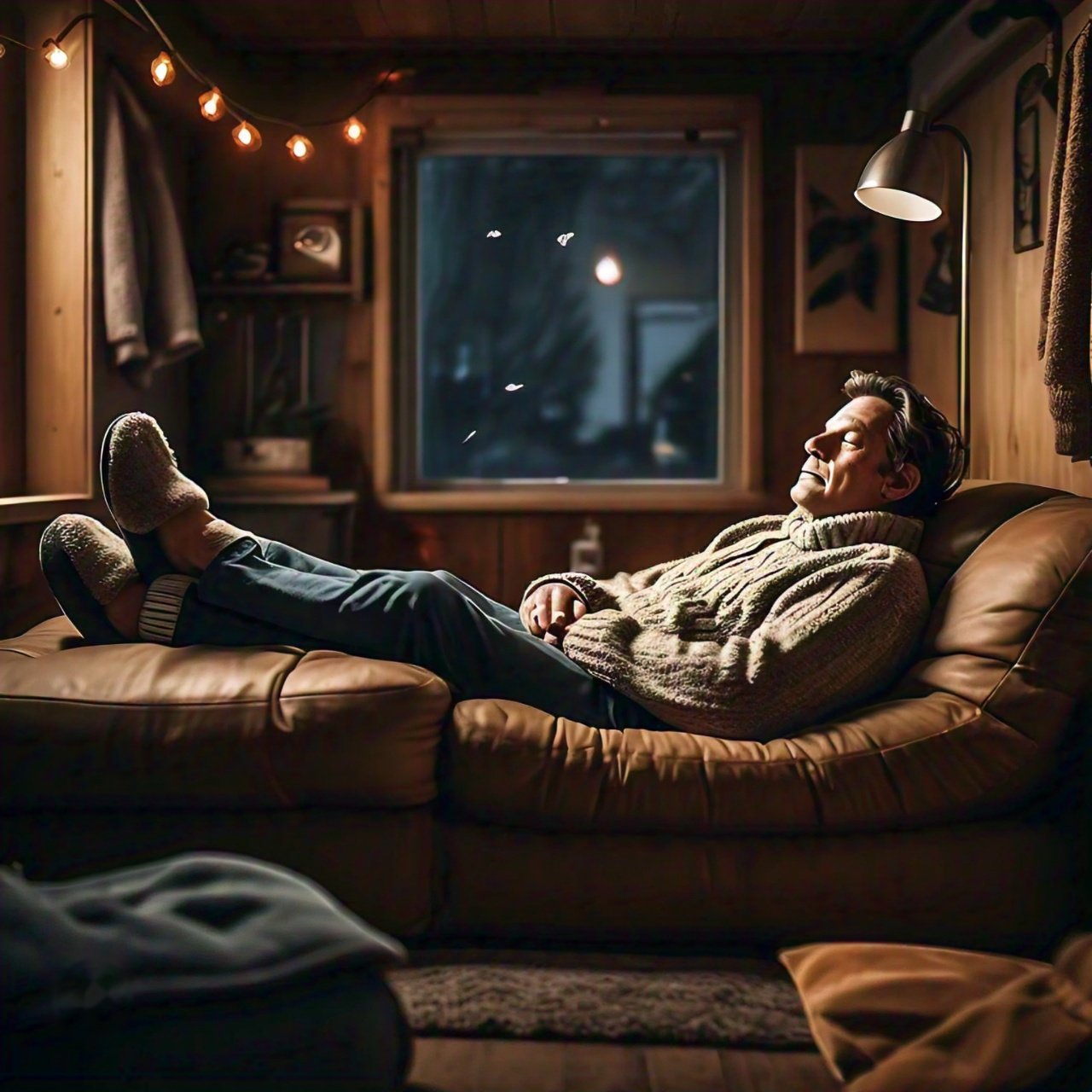
If you seek to escape the stress of everyday life and daydream, then you are a Relaxer while traveling. Such a traveler is not concerned with exploring the places or embracing the culture of the area they are traveling to; what matters most is comfort and leisure. Such places as beach resort, spa, and country inns can be considered to suit the Relaxer’s lifestyle preferences.
Therefore, a perfect getaway trip meant for a Relaxer entails sunbathing at the pool, accompanied by a cabana, being pampered at a spa, and leisurely gourmet meals. The working schedule is fairly loose and there are no strict timetables throughout the trip. It is on the rejuvenation of the body and soul by giving yourself a facial, rubbing your tired muscles, and taking in the beauty of the place – away from the stress of life back at home.
One of the mentalities within the Relaxer mindset is to get lost in the now. It is such a break from work-related communication to fully detox your brain and muscles. They all serve to ground the Relaxer traveler in the present moment, through yoga, meditation, or simply taking a walk in a nature trail.
Although cultural tours, museum visits, and adventure tours might be appealing to some extent to Relaxers, excessive bookings of scheduled tours overstimulate them. Such travelers like to intersperse in some gentle cultural activities amid a plenty of leisure. They prefer leisurely touring as opposed to the rushed and tightly-scheduled touring.
Even when it comes to the areas of accommodation, the necessity of Relaxers cannot be overemphasized. They can arrange services such as 24-hour room service and dining, specialty restaurants, swimming pools, and beach services for clients to offer them the perfect vacation. Mediterranean delicacies, exotic cuisine, exotic drinks, Balinese massages, mineral bath soaks, aroma therapy sessions are regular features of their lifestyle.
Here are key priorities that define a fulfilling vacation for Relaxers: getting a good physical and spiritual rest, working on the sleeping schedule, and bringing some aspects of the holiday back to their home reality. All of the experiences that are created during such recharging vacations are so memorable that they do not fade away after check out.

As a Social Butterfly, I could not think of a better experience than the one that comes with the connections and friendships that happen to be built in the course of the journey. What is evoking the most interest in me is not just tourist attractions or sophistication, but getting to know new people from different countries, listen to their stories, and build a relationship. I will engage in conversation with almost anyone; at a café, locals selling goods on the road, or fellow travelers at the backpacker’s hostels. I am a very friendly and adventurous person, and it can always start a conversation with a stranger and next thing, they are friends.
That is what captivates me with travelling: attending social occasions and taking organised group tours where one can find many people in groups. Whether it is a pub crawl introductions mixer, a wine tasting or a trekking adventure with other tourist; nothing gives me joy than to see the interaction and development of camaraderie that is developed between people who have been grouped together on a particular trip. There is, however, as a matter of fact, ample opportunity for discourse during the activity, or telling stories about the journey and the life. During the dinner the night may go on with the share of the photos with drinks while new contacts develop.
When it comes to choosing a place to sleep every night, I’d rather join a sociable hostel crammed full of backpackers in preference to a peaceful hotel. Hostels have such community – between you and another person in your bunk, and the rest of the people you may interact with in a common room, there are countless ways to blend your solitary travel with the company of others. Yes, I have developed friends from the hostel and we used to have happy hours, group dinners and outing arranged by the hostel.
Sometimes I am almost unrecognizable to myself: while I am an introvert at home I become quite an outgoing person when traveling. But when you are surrounded by people that seem like strangers, it is natural to interact with those who are in a similar situation as yourself – other tourists. Every meeting guarantees decent conversation at the very least – and often these conversations progress into long-term friendships across countries and years. They suggest that the best memories for travelling are not merely places but the friendships that people make as long as they embrace it. In my journey as a Social Butterfly traveler, people interactions are the strings that hold the colourful embroidery of memories. Those threads still remain tied across borders and they are calling out for me to travel again soon.

The special interest traveler is making a conscious effort to see the world on a shoestring. With careful planning skills, policy and creativity and more to the point foregoing some comforts, the budget travelers make their money go round the globe. It requires the use of smarter, more flexible thinking and a love for wanderlust.
Whereas luxury travellers may only use luxury accommodation facilities such as luxury hotels, budget travellers may use low-cost facilities including hostels, Airbnb, pension, homestead, or camp. Some even make use of such services like Couchsurfing, WWOOFing, or house sitting to save even more on their travels. Selecting plain but comfortable accommodations means that more funds will be spent on the tangible interactions with the locals.
The taxi or car rental option is changed by public transport or a simple walk. The budget traveler may indulge and spend money to minimize time spent on transport, otherwise, they employ buses, railways, metros, and one’s own legs. Similarly, there is cost-effective transportation within and between destinations in the form of low-cost airlines and ride-sharing services.
Instead of going for meals in restaurants, as a measure of cutting down on cost, the budget travelers opt for meals at supermarkets or markets. Buying fresh foods to cook speedy meals is advantageous in cutting expenses related to meals. Food vendors, food trucks, cafeteria, and casual restaurants also present an opportunity for those interested in tasting local cuisine at a cheap price.
While budget tourists’ main goal is to find a good cheap deal, they also want to have meaningful experiences. It is also important to make friends and gain an understanding of the people and traditions of the visited country. Visiting freebies such as museums, historical sites, park, beach, and road shows, gives the tourists a taste of regional arts and lifestyle.
Indeed, the destiny of the budget traveler is to develop as a human being before he or she develops as a consumer. Opportunities in each location are empowering, with curiosity and adaptability as two main skills. This makes travel purposeful, cultural and affordable as it links the two sides of financial reality which are both necessary in everyone’s life.

The Luxury Traveler plans for an escape, while aiming to stay at the best hotels and experience the most lavish amenities. For this jetsetter, there should be no limit to the amount that is laid out in order to avoid any discomfort or compromise in terms of privacy and security. They want hotels like Four Seasons, and Ritz Carlton with comfortable bedding, and spacious bathrooms, round the clock room service, and of course, well-mannered and courteous doormen and concierges.
A key area of interest among Luxury Travelers is dining. Thus, evaluating Michelin star restaurants as the top-level eating establishments that offer boldly seasoned meals served alongside wine that complement them and prepared in front of the guests. The elegant private rooms, chef’s tables, and individual wine and food pairing offer the guarantee to ensure that each meal is special. Another example of Luxury travelers even cook their own five-star meals with their personal chef while they are on their luxury villa or on board a private yacht charter.
Rather than the usual bus tours, highly individualized tour services are important as well. Affluent explorers may indulge themselves in luxurious travel services such as a helicopter tour of the Grand Canyon, or going on an African safari complete with one’s own personal guide, luxury tented camp, and vintage champagne beneath the stars. Exclusivity is key.
The activities associated with wellness and beauty are equally important in the lifestyle of a Luxury Traveler. Five-star spas offer nice massages, treatment in the hot spring, and beautifying treatments to match up the extravagant lifestyle. There are those known as Luxury Travelers who go further and book vacations that are completely devoted to healthy living, fitness, and indulgence.
As we all now know it is impossible to have an unlimited budget but the world offers some Luxury Traveler trinkets in abundance. From luxurious accommodations that range from penthouse suites to private islands to gourmet dining that ranges from Michelin stars dining to shopping that is done in private, Luxury Travelers create an outstanding tour to the exact desire of the traveler no matter the part of the world they are traveling to. Living in comfort, beauty, and exclusiveness - this is what the works of luxury trademarks are oriented at.
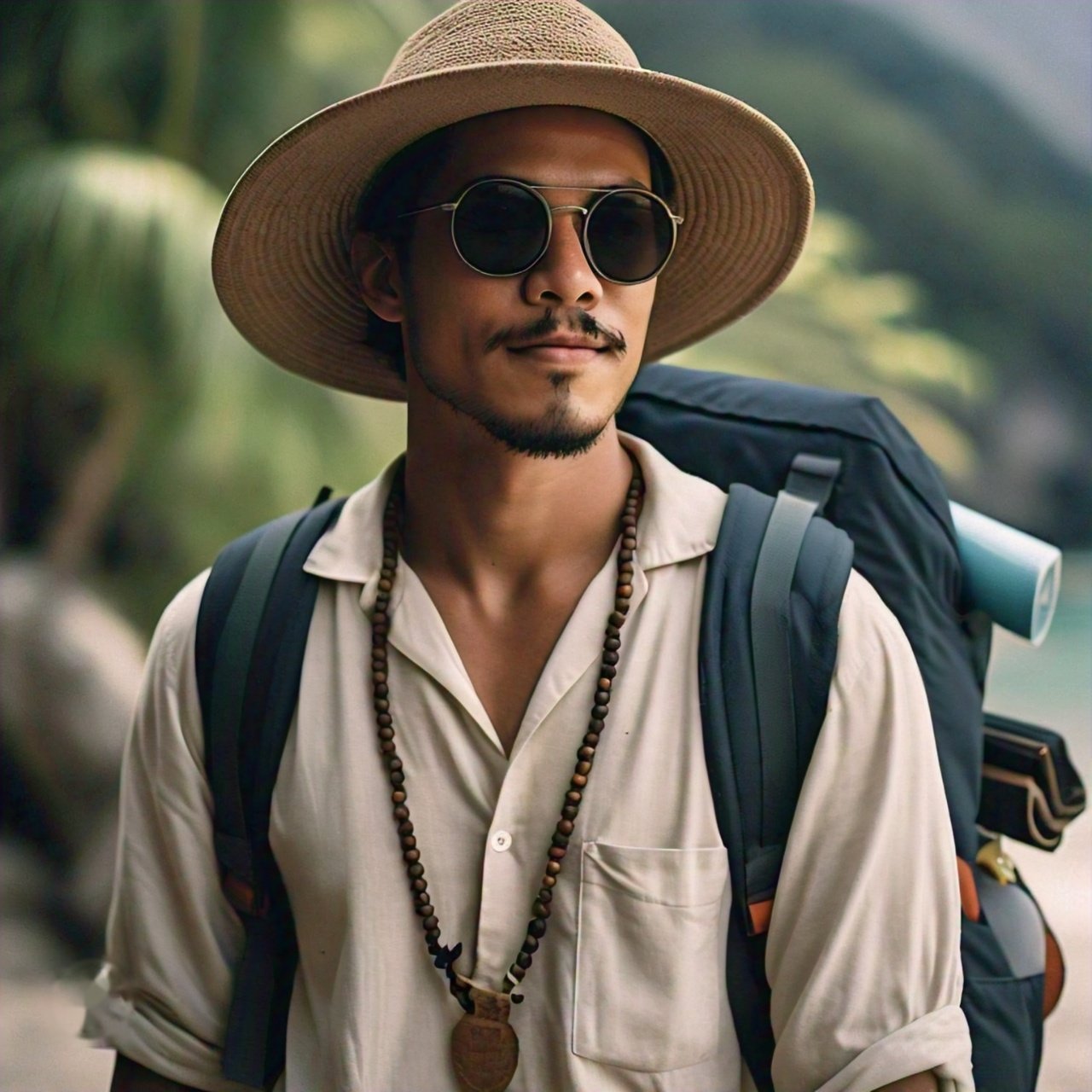
Minimalist travel, as the name suggests, is traveling with frugal resources or items to create an ability for unencumbered ways through the world. These are a few of the essentials I should pack as a minimalist traveler because what matters most is important. My clothes are basic, and I always bring with me: clothing that can be combined, towels of course, toothbrush & paste, laptop or tablet, my phone, and the chargers... and so on... I think those are useful thoughts because now I spend no time thinking about how to use many of them.
It is also among the benefits that accrue to some people who choose this mode of travel: flexibility and independence. My routine is only somewhat heavy and non-highly structured, locking anybody into tight programs. This way, apart from my big handbag, I can easily change location as and when. All the usual extraneous reservations and complicating factors that so often exist where art is concerned disappear to wherever it is that ‘I’ reside. For every other day after, I would only book the first night where we will be staying and keep the rest open to enjoy those traveling unknowns. The most unforgettable experiences that happen while traveling are the unexpected conversations with strangers and adventures in unfamiliar directions.
This awareness of the aesthetic quality of not only physical space but also mental clarity calls to mind the concept behind minimalism that goes beyond lightness as a metaphor and uses it as direct guidance. This time is also with me who does not care about the next thing and enjoys or faces whatever is in the now. I bring the stop in each place, with little vignettes while others continue to miss out on life because they are pushing through so quickly. I am competent to reduce inner chaos and lower day-to-day stress levels when I meditate. For me, being free from the constant bombardment of stimuli by my home culture allows me to be more present in French life.
It also lowers environmental damage; as there is an extra burden of luggage that has to be carried, thus leaving fewer chances where the environment gets hampered from water use, etc. If you hike with less of a backpack and, God forbid, eat lighter, your carbon footprint is going to be half as small. Plus, eating out saves on clothes and accessories... especially since we can now purchase even more local items from the area.
Not everyone, but I think it adds to the fun and makes everything all the more surprising. Not one item I pack is there by accident, and not a single thing goes into the suitcase lightly or without great thought. Having things and forcing myself to part with them feels great in the end when I am out there, traveling this beautiful world feeling so light.
This is very crucial because knowing the kind of traveler that you are will always be of great help in enhancing your trip and the time that you spend in a particular destination. Therefore, being aware of these tendencies will help one select appropriate vacations that correspond to the type of vacation one wants; an adventurous, cultural, or a relaxed kind.
The explorers always get the activity, the feeling, and the buzz of the traveling. The activities could range anywhere from skiing steep slopes, turbulent river rafting, or even bungee jumping over gorges. It is a relief to know this desire is there because it then allows adventurers to incorporate adventurous aspects into their trip right from the start.
Culture, tradition, and basically almost everything a tourist has heard or read about the area he is visiting, is eagerly awaited. This is true in the way the desire to be in real, meaningful regional practices, culture, and discourses show in the creative artistic practices. Thus, any person who awakens a concern regarding culture can purposely arrange their timetable, independently choosing encounters with locales as they want.
As a result, relaxers are targeted at satisfying passengers’ needs for resting, leisure, and beautification while on the move. To them, a dream vacation might be to read a book at the seaside, get a royal wash, or merely sleep well and have lengthy, comfortable breakfasts. This has given relaxers a chance to intentionally select their destinations and their hotel or resort of choice partly to portray the aspect of relaxation.
In conclusion, when a person recognizes one’s innate travel character, then the ensuing processes enable the person to screen out irrelevant stimuli, choose proper journeys that correspond to their character, and make the requisite memories. Where is that magnificent trip across the world headed? If that thrill-seeker, art connoisseur, or peace finder in you is reading this, then free it ardently to guide you to the next great trip of your life.